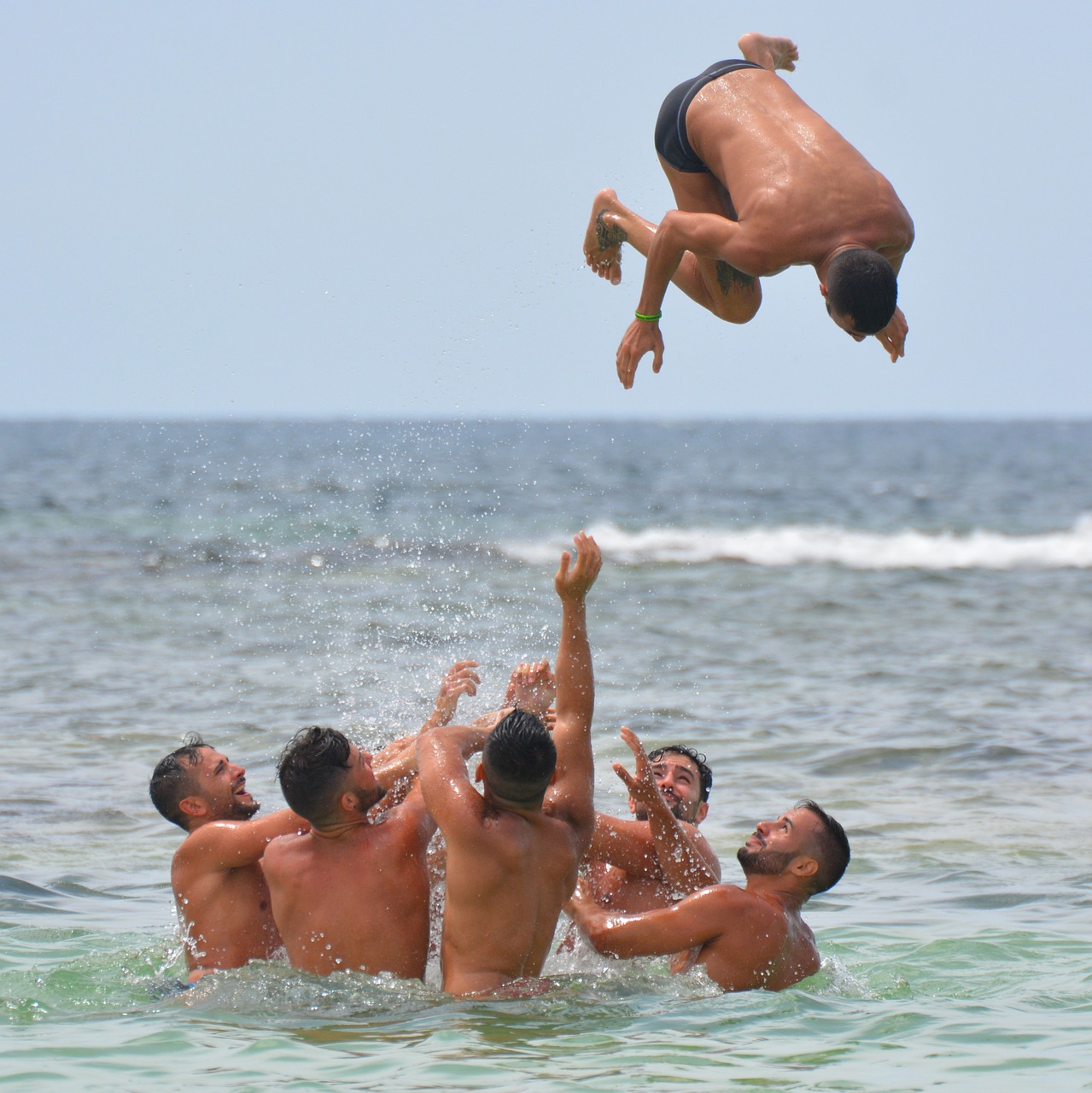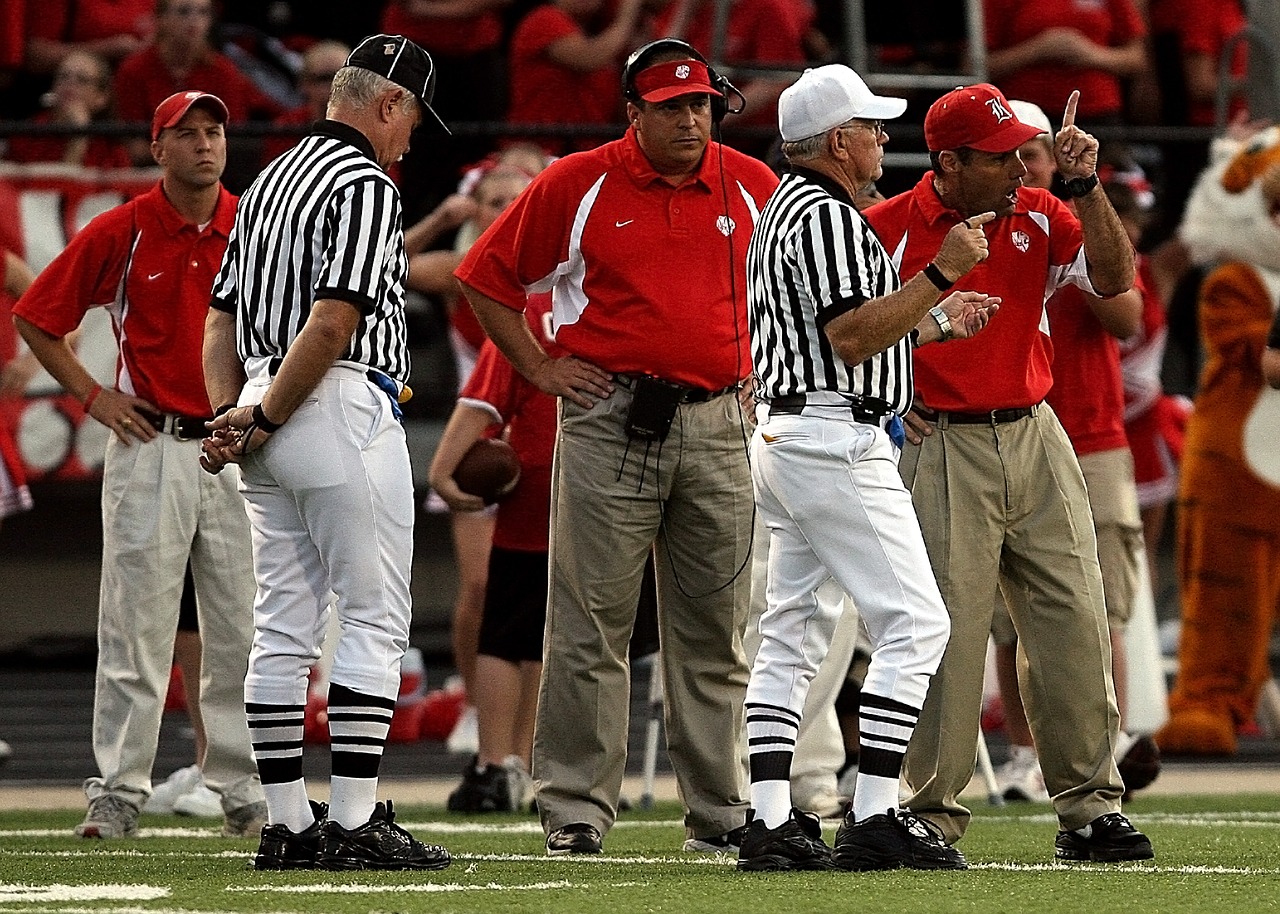May 26, 2017
Abundance Vs. Scarcity Mentality

Another mentor of mine used to say: ‘Hit them hard then help them up.’
May 26, 2017

May 24, 2017

Meighan Julbert is a Mental Skills Consultant who has a passion for working with coaches and athletes on gaining a competitive advantage through mental skills training. Meighan is passionate about coaching development and implementing programs to help competitors and coaches expand their potential. From her own experiences in softball and competitive cheer to serving as a coach, Meighan can help athletes who are looking to gain a mental edge.
Website/Books: themindside.com
Twitter: @MeighanJulbert; @TheMindSide
Facebook: /TheMindSide/
–
‘Don’t overwhelm your athletes with info, keep it simple, less is more’
—
May 19, 2017

May 11, 2017

Marty Schupak has been coaching sports for 25 years. He has coached over 1,400 kids in youth athletics in a variety of sports in addition to baseball. He is the author of eight sports books including T-Ball Skills & Drills and is the creator of eleven baseball instructional videos.
Website/Books: tballamerica.com
Twitter: @tballMarty
Youtube: link
–
‘2 of the best things I’ve done in my 25 years of coaching have nothing to do with sports’
—
May 8, 2017
May 2, 2017

Trevor Ragan is the founder of Train Ugly
From Trevor:
I AM ON AN ADVENTURE…
To challenge and question EVERYTHING that we think we know about sports, education, and development.
Through this journey I’ve worked with best-selling authors, olympic coaches, professional athletes, renowned professors, and thousands of coaches, teachers, students, and players from all over the world.
These experiences helped me to discover some incredibly important research in the fields of motor learning, performance science, and psychology that should have totally changed the way we train and develop students, athletes, and people in general – but they have not.
It’s my mission to change that.
Each morning I get out of bed inspired to read, research, learn, and share as much as possible with students, athletes, coaches, and teachers.
Website: trainugly.com
Facebook: /trainingugly/
Twitter: @train_ugly
Youtube: /SabiSushi1
–
‘You have to be bad first’
2 pillars:
—